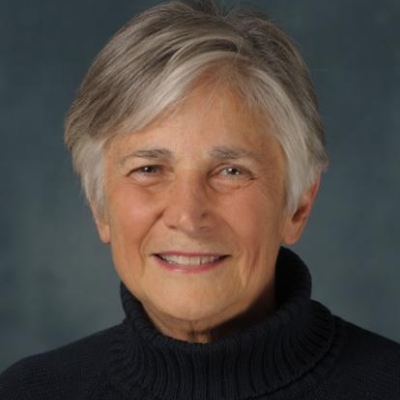Until now, most of us believed that ed school professors were in principle opposed to the concept of a "canon" of great books. It turns out that this is not so, at least not if we consider the recent statements of Arthur Levine, president of Teachers College, Columbia University. Shortly after the terrorist attacks on the World Trade Center and the Pentagon, Levine told The Washington Post (October 1, 2001) that American students spend too much time studying Western works like Middlemarch, and that the Koran should be added to the canon. Now, he has told The New York Times (February 12, 2002) that "What Sept. 11 should have been is a signal that the canon ought to be expanded to include books like the Koran. Other than the Constitution, no work has had a larger impact on the United States."
Although one might question his assertion that the Koran is second only to the Constitution as a work that has influenced the United States, it is nonetheless worth observing that President Levine implicitly (and one might even say explicitly) endorses the very idea of a canon of important works that everyone should read. We know from his October remarks that he believes that the canon includes Middlemarch and now we know that it also includes the Constitution and should include the Koran.
One hopes that President Levine in future writings will fill in the blanks and let the rest of us know what else he thinks the canon does include and should include. Should all American students read the Bible, which many would very likely consider to be of even greater importance than the Koran in shaping this nation? Should they read the sacred writings of other world religions? How much time should be allotted to religious works in American public schools? Should they also read Mark Twain? Ralph Waldo Emerson? Walt Whitman? Zora Neale Hurston? Allen Ginsberg?
We can all continue to debate precisely what should be included in the American canon, but we can now rest assured that the idea of a canon has the endorsement of the head of our nation's most prestigious graduate school of education, and that, at the very least, it should include Middlemarch, the Koran, and the U.S. Constitution. That's a start.
"Campuses Across America Are Adding 'Sept. 11 101' to Curriculums," by Karen W. Arenson, The New York Times, February 12, 2002
"Sept. 11 Prompts Lesson Review: Educators Rethink Multiculturalism" by Valerie Strauss, The Washington Post, October 1, 2001 (article available for a fee)
